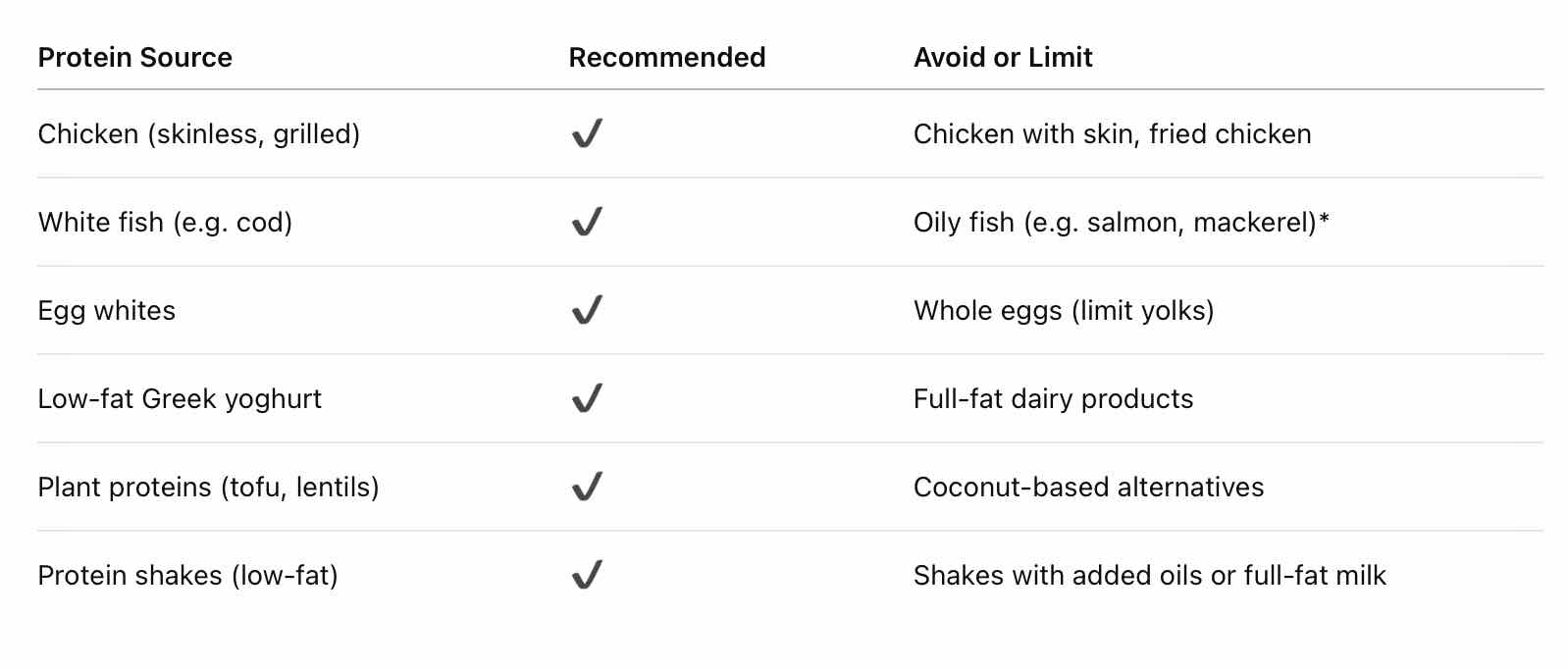In today’s fast-paced world, maintaining a healthy weight can feel like an uphill battle for many individuals. With more than 40% of American adults struggling with obesity, it’s no wonder that prescription weight loss pills are gaining popularity as a solution to this widespread health concern. However, the journey towards effective weight management often involves a multifaceted approach. This article delves into how these medications work and why they can be an essential tool in your arsenal.
Understanding Prescription Weight Loss Pills
The quest for the perfect weight loss pill has been ongoing since the 1940s, with modern regulations by the FDA coming much later. Today, several prescription weight loss pills are available on the market, each claiming to be the strongest or most effective in their category. These medications vary widely in terms of mechanism and safety profile.
One such pill that has made headlines is Xenical. This medication, also known by the brand name Alli when sold over-the-counter at a lower strength, works differently from other weight loss pills. While many others suppress appetite or boost metabolism, Xenical’s unique selling point lies in its ability to block fat absorption.
Orlistat, the active ingredient in Xenical, inhibits an enzyme called lipase which breaks down dietary fats into smaller molecules that can be absorbed by your body. By preventing this process, it reduces overall calorie intake from fats. Clinical trials have shown that individuals taking orlistat lost around 2% to 3% of their initial weight within a year, roughly twice as much as those who only implemented lifestyle changes.
The Mechanisms Behind Weight Loss Pills
Weight loss pills work through various mechanisms, including appetite suppression and fat absorption inhibition. The first category affects the central nervous system to reduce hunger signals in the brain. For example, Phentermine is a stimulant that reduces appetite by acting on the central nervous system.
- Naltrexone-bupropion (Contrave): This combination medication includes bupropion, an antidepressant known for its ability to suppress appetite, and naltrexone, which targets addiction pathways. The dual action helps control food intake and reward pathways in the brain.
- Phentermine-topiramate (Qsymia): This drug combines phentermine with topiramate, an anticonvulsant that enhances feelings of fullness and reduces cravings. Together, they work synergistically to manage weight more effectively than when used alone.
The second category of pills, exemplified by Xenical or Alli, focuses on fat absorption inhibition. By blocking the action of lipase enzymes in the intestines, these medications prevent a significant portion of dietary fats from being absorbed into your system.
Effectiveness and Side Effects: A Double-Edged Sword
The effectiveness of weight loss pills varies widely among individuals. Factors such as baseline health status, adherence to lifestyle changes, and individual metabolism all play critical roles in determining outcomes. However, even the strongest medications can only achieve optimal results when combined with healthy eating habits and regular exercise.
While these drugs offer promising solutions for those struggling with weight management, they come with their own set of challenges. Common side effects include gastrointestinal issues like bloating, constipation, and oily stools. For Xenical users, adhering to a low-fat diet is essential to minimize these discomforts.
| Side Effect | Potential Severity |
|---|---|
| Bloating | Mild – Moderate |
| Constipation | Moderate |
| Oily stools | Severe (in some cases) |
In addition to these common side effects, more serious adverse reactions can occur. For instance, Xenical users should be aware of the potential for kidney stone formation due to poor fat-soluble vitamin absorption. Regular monitoring by healthcare professionals is crucial in managing these risks.
Real-World Applications and Success Stories
The effectiveness of weight loss pills has been widely studied through clinical trials, but real-world applications often paint a more nuanced picture. In observational studies, patients taking Phentermine-topiramate reported significant weight loss over the course of a year, with some achieving nearly 8% reduction in body weight.
Similar success stories abound for those using Xenical and other FDA-approved pills. However, it’s important to note that these results are not universal. Individual variations in response to medication highlight the need for personalized treatment plans tailored by healthcare providers.
- Naltrexone-bupropion (Contrave): Clinical trials have shown that about half of patients taking Contrave lost at least 5% of their body weight within a year. This is nearly twice as effective compared to those relying solely on lifestyle changes.
- Phentermine-topiramate (Qsymia): Studies indicate that around 75% of users experienced significant weight loss, with many reporting a reduction of over 10% in their body weight after one year.
Maintaining Long-Term Weight Loss Success
One of the most critical aspects of any weight management program is sustainability. Simply put, once you stop taking these pills, your progress may be at risk. This makes lifestyle changes and ongoing support from healthcare providers crucial.
Losing even 5–10% of one’s initial body weight can significantly improve health markers like blood pressure, cholesterol levels, and glucose control. For those with obesity-related conditions such as diabetes or hypertension, long-term use of these medications under medical supervision may be necessary to maintain these improvements.
Choosing the Right Weight Loss Pill for You
The decision to start a weight loss pill regimen should never be taken lightly. It’s essential to evaluate your individual needs and health goals in consultation with a healthcare provider. Factors such as existing medical conditions, current medications, and personal preferences all play into choosing the right option.
For instance, individuals with uncontrolled high blood pressure or kidney issues may need to opt for alternatives like bariatric surgery. On the other hand, those with depression might find Naltrexone-bupropion (Contrave) beneficial due to its dual therapeutic effects.
Incorporating Weight Loss Pills into a Holistic Approach
The ultimate goal of incorporating weight loss pills into your regimen should be to support long-term health and wellness. These medications serve as powerful tools, but they are most effective when used in conjunction with healthy lifestyle choices such as balanced nutrition and regular physical activity.
Moreover, the psychological aspect cannot be overlooked. Many individuals find that behavioral counseling and support groups can enhance their motivation and adherence to weight loss plans. This holistic approach not only maximizes the benefits of these medications but also fosters sustainable changes in habits and mindset.
Final Thoughts
In conclusion, prescription weight loss pills like Xenical offer a promising avenue for those seeking effective solutions to manage their weight. However, they are just one piece of the puzzle. A comprehensive strategy that includes healthy lifestyle choices, regular medical monitoring, and psychological support can pave the way towards sustainable success.

